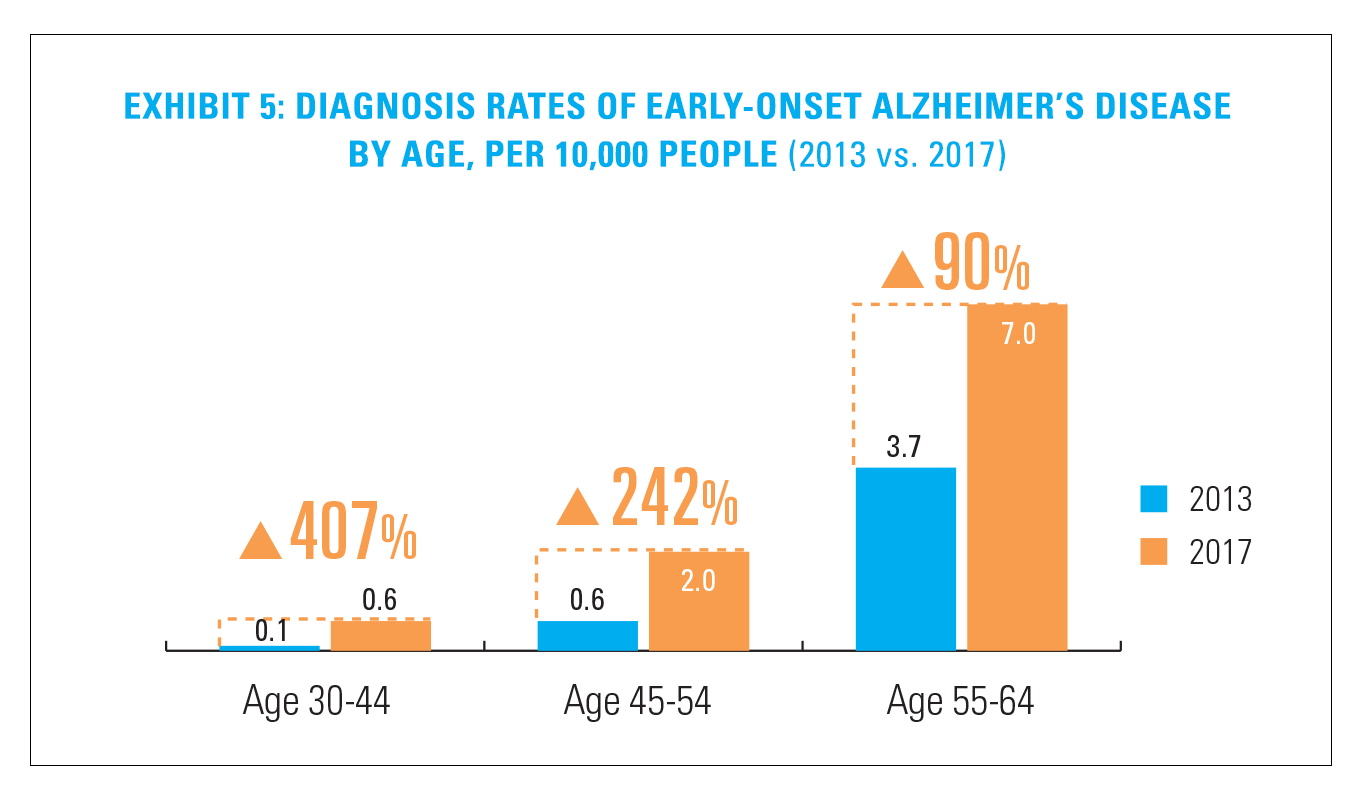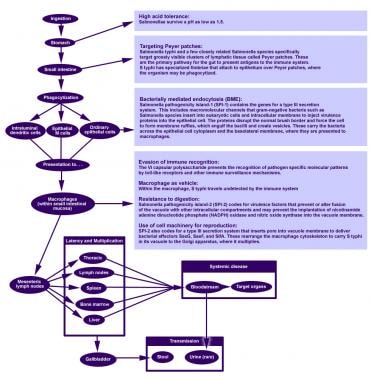Heres a quick recap. She and twin sister Jean Collins decided to start a TikTok account The Kathy Project to track Kathys journey with dementia helping raise awareness about dementia among tens of thousands of followers with over a million likes.
 10 Signs Of Early Onset Alzheimer S Disease
10 Signs Of Early Onset Alzheimer S Disease
The first signs of eFAD are very similar to those of late-onset Alzheimers.

How to diagnose alzheimer's early onset. Memory loss You or a loved one may begin to appear more forgetful than normal. Check blood pressure temperature and pulse. Of people with young-onset Alzheimers.
Listen to the heart and lungs. The symptoms of Alzheimers disease worsen over time although the rate at which the disease progresses varies. Symptoms of early-onset Alzheimers which are similar to those that appear in other cases of the condition usually start when people are in their 40s or 50s but memory.
Symptoms of early-onset Alzheimers disease. People can have difficulty recognising objects and judging speed or distance. The early symptoms of dementia can include memory problems difficulties in word finding and thinking processes changes in personality or behaviour a lack of initiative or changes in day to day function at home at work or in taking care of oneself.
The disease is known to be triggered by a build-up of proteins in the. Kathy Collins was diagnosed with early-onset dementia at the age of 57. Collect blood or urine samples for laboratory testing.
Perform other procedures to assess overall health. But before youre able to recognise the symptoms of early-onset Alzheimers you need to be able to tell the difference between dementia vs. Memory problems are typically one of the first signs of cognitive impairment related to Alzheimers disease.
A few hundred people have genes that directly contribute to Alzheimer disease. Information from a physical exam and laboratory tests can help identify health issues that can cause symptoms of dementia. When visual problems are a leading symptom the cause may be posterior cortical atrophy a rare type of Alzheimers disease.
Young-onset Alzheimers that runs in families is linked to three genes the APP PSEN 1 and PSEN 2 that differ from the APOE gene that can increase your risk of Alzheimers in general. Tests of a persons mental abilities behaviour and ability to do daily tasks a full physical exam at least one brain scan often with more. Of all people with Alzheimers but in about 11.
Carry out standard medical tests such as blood and urine tests to identify other possible causes of the problem. Memory loss is the most common symptom of early-onset Alzheimers disease and late-onset as well. Typical signs include the following.
You or a loved one may be developing early onset AD if you experience any of the following. Genetic familial Alzheimer disease. Signs of early-onset Alzheimers begin between a persons 30s and mid-60s.
Changes in the brain related to Alzheimers begin years before any signs of the disease. Personality changes such as brusqueness and insensitivity. As the condition is linked to other neurodegenerative disorders it helps to bring light on how it can help diagnose early-onset dementia and create potential treatments.
The assessment process often includes. The first symptoms of Alzheimers vary from person to person. Alzheimers disease a type of dementia is one of the main causes of early onset dementia according to Alzheimers UK.
Together these three genes are present in less than 1. Perform brain scans such as computed tomography CT magnetic resonance imaging MRI or positron emission tomography PET to rule out other possible causes for symptoms. This is called aphasia.
Most people with early-onset Alzheimer disease have the common form of the disease. Youve probably heard the terms dementia and Alzheimers disease used interchangeably. On average a person with Alzheimers lives four to eight years after diagnosis but can live as long as 20 years depending on other factors.
This form is very rare. The sequence in which signs appear varies from person to person. The disease progresses in roughly the.
Taking a full history of the persons symptoms any changes theyve experienced and the impact of these on day-to-day. Difficulty finding the right words and communicating. Its typically one of the first signs that something is wrong.
